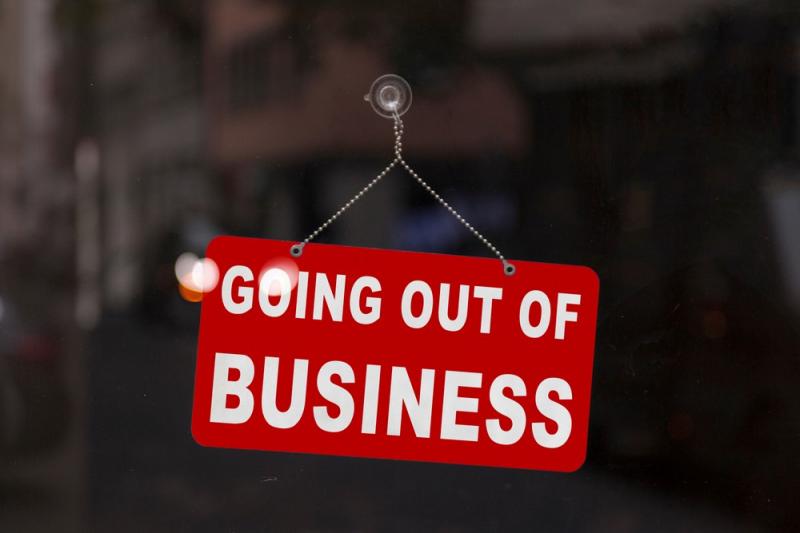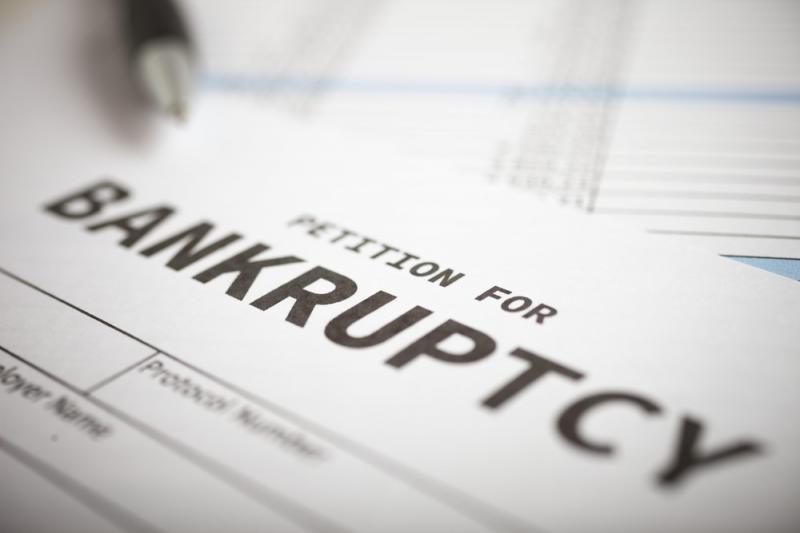What Happens if I Declare Bankruptcy?

We all go through financial challenges from time to time. When those challenges are extreme and there doesn’t seem to be a path back out, bankruptcy may be the solution. Bankruptcy is the legal action you take when you feel that you can no longer honor your debt obligations.
The need to file for bankruptcy can have many root causes. It can happen because of unplanned medical emergencies or even a lawsuit settlement. Going bankrupt doesn't mean that you're poor at financial planning. You may want to hire a bankruptcy attorney to help you with the paperwork to make sure no mistakes are made that can cost you later.
Before You Declare Bankruptcy
Before you can file for bankruptcy, you have to go for counseling at a recognized credit counseling institution. The counselor will assess your financial situation and give you money management advice. You can either pay for this counseling or get it for free.
The credit counseling agency you use must be in the US Trustee's list of approved credit counseling centers. The counseling agency will prepare a report, which you'll file with the other bankruptcy documents. In the report, the agency will state if there are other ways you can repay the debt. However, you are not obligated to abide by the report's recommendations.

The Types of Bankruptcy
There are three main types of bankruptcy: chapters 7, 11, and 13. There is also chapter 12 which is for fishermen and farmers. Here is what you need to know about the different types of bankruptcy.
Chapter 7
When you file for Chapter 7, your assets will be sold off and the money used to pay off your creditors. However, not all of your assets will be sold. In most states, essential assets like your car and home cannot be sold off. Your clothes and retirement savings are also off-limits. Some assets that may be considered non-essential include:
- A second vehicle
- Share equities
- Jewelry
- Collectible items
The definition of essential in your case will depend on your state’s laws. Therefore, what may be non-essential in one state may be essential in another. If the court accepts your bankruptcy request, the judge will appoint a trustee who will sell off your non-essentials to repay the creditors. After that, your debts will be discharged.
Chapter 13
Chapter 13 bankruptcy is also referred to as the “wage earner’s plan.” This is because it’s for those who earn a regular income. If your application is successful, the court will allow you to retain all of your assets. The court will also appoint a trustee to help you create a financial plan to help you clear your debt within three to five years.
Chapter 11 is similar to Chapter 13, but it's preserved for businesses. This type of bankruptcy gives struggling businesses an opportunity to reorganize. It is intended to give companies a fresh start rather than being forced to fold due to debt.
The Means Test
If you file for Chapter 7, you have to pass a means test to prove that you're truly unable to repay your debts. That's because Chapter 7 is reserved for those who are going through extremely difficult financial times. If your case is not severe, you'll have to apply for Chapter 13.
Debts that Cannot Be Written Off
Unfortunately, not all debt is forgiven when you file for bankruptcy. Your outstanding tax charges, mortgage, child support, and student loans are not exempt. You have to repay these debts regardless of your financial situation.
You can ask the IRS for an extension on your debt repayment and renegotiate to pay back a lower amount. You can also do the same for your mortgage, student loans, and child support. However, filing for bankruptcy doesn't mean that all your debts will be written off. You still have to repay your tax penalties, mortgage, child support, and student loans.
Filing for bankruptcy is one possible solution if you’re ready to throw in the towel and admit that you don’t have a viable way to repay your debts at this time. The thought of being declared bankrupt may make you feel defeated, but it happens. In fact, an estimated one out of every 55 U.S. households has declared bankruptcy. You are definitely not alone.
More to Read:
Previous Posts:





